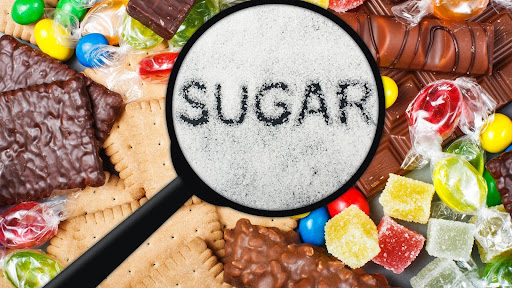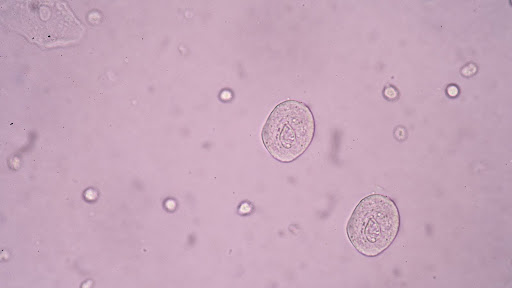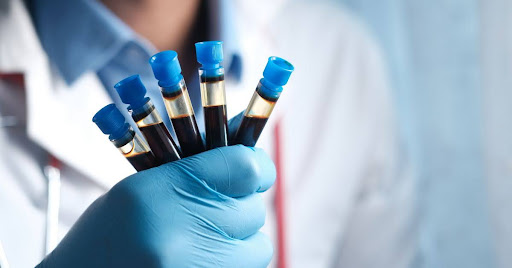Lipid Profile Tests: Parameters, Preparation, and Health Importance
3 min read
By DocGenie , Published on - 26 December 2024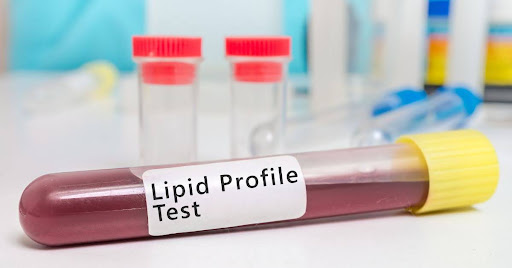 Understanding your heart health begins with a deeper look into your cholesterol levels, and a lipid profile test is the key. This diagnostic test measures various types of fats in your blood, helping identify risks for heart disease early. In this blog, we’ll explore what a lipid profile test includes, how to prepare for it, and why it matters to your overall health.
Understanding your heart health begins with a deeper look into your cholesterol levels, and a lipid profile test is the key. This diagnostic test measures various types of fats in your blood, helping identify risks for heart disease early. In this blog, we’ll explore what a lipid profile test includes, how to prepare for it, and why it matters to your overall health.What Is a Lipid Profile Test?
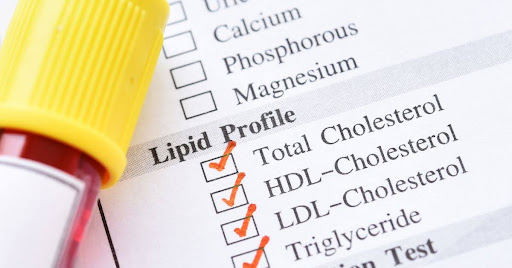 A lipid profile test is a blood test that assesses the levels of specific fats, or lipids, in your bloodstream. These fats are essential for body functions but can be harmful in excess. This test is a vital tool for evaluating your risk of cardiovascular diseases.
A lipid profile test is a blood test that assesses the levels of specific fats, or lipids, in your bloodstream. These fats are essential for body functions but can be harmful in excess. This test is a vital tool for evaluating your risk of cardiovascular diseases.What Are the Parameters of a Lipid Profile Test?
Here are the key components included in a lipid panel:- Total Cholesterol: Indicates the overall amount of cholesterol in the blood.
- HDL (High-Density Lipoprotein): Also known as "good cholesterol," it helps remove excess cholesterol from the arteries.
- LDL (Low-Density Lipoprotein): Known as "bad cholesterol," it can lead to plaque buildup in arteries.
- Triglycerides: A type of fat that stores excess energy from your diet.
- VLDL (Very Low-Density Lipoprotein): Related to triglycerides and considered a risk factor for heart disease.
Lipid Profile vs. Lipid Panel: Is There a Difference?
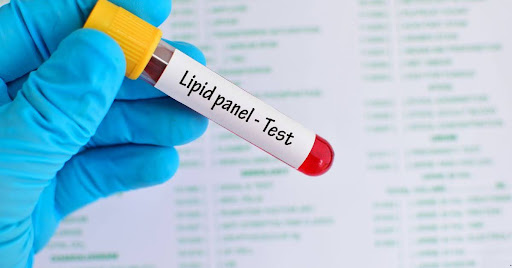 The terms “lipid profile” and “lipid panel” are often used interchangeably. Both refer to the same group of tests that measure lipid levels. There’s no technical difference between the two.
The terms “lipid profile” and “lipid panel” are often used interchangeably. Both refer to the same group of tests that measure lipid levels. There’s no technical difference between the two.
Why Is a Lipid Profile Test Important?
Monitoring lipid levels is crucial for several reasons:- Early Detection of Heart Disease Risk
- Managing Existing Conditions like Diabetes or Obesity
- Tracking the Effectiveness of Lifestyle or Medication Changes
- Preventing Stroke and Atherosclerosis
These benefits make the test an essential part of preventive healthcare.
Who Should Get a Lipid Profile Test?
You should consider getting this test if you:- Have a family history of heart disease
- Are overweight or obese
- Lead a sedentary lifestyle
- Have high blood pressure or diabetes
- Smoke or consume alcohol regularly
Doctors often recommend it every 4–6 years for adults over 20, or more frequently if risk factors are present.
How to Prepare for a Lipid Profile Test?
Proper preparation ensures accurate results. Here’s what you should do:- Fasting: Avoid food and drink (except water) for 9–12 hours before the test.
- Hydration: Drink plenty of water prior to the test.
- Avoid Alcohol: Refrain from alcohol for at least 24 hours.
- Medication Disclosure: Inform your doctor about any current medications.
Skipping meals or improperly preparing can lead to inaccurate results, requiring retesting.
What Happens During the Test?
- The process is simple and takes just a few minutes:
- A healthcare provider draws blood from a vein in your arm.
- The blood sample is sent to a lab for analysis.
- Results are usually available within 24–48 hours.
Understanding Your Lipid Profile Test Results
Here’s a general reference range for each parameter (may vary by lab):
| Parameter | Normal Range |
|---|---|
| Total Cholesterol | Less than 200 mg/dL |
| HDL (Good) | 40 mg/dL or higher |
| LDL (Bad) | Less than 100 mg/dL |
| Triglycerides | Less than 150 mg/dL |
A healthcare provider will interpret these results considering your overall health and risk factors.
